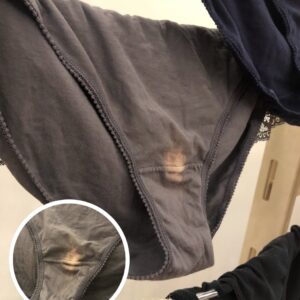The manhunt for Charlie Kirk’s suspected assassin has not only shaken the nation but also raised questions about the massive reward pool offered for his capture. Federal officials confirmed that the FBI initially placed a $100,000 reward for information leading to the arrest, but private donors quickly added to the bounty—pushing the total to nearly $1.2 million.
Now that the suspect has been apprehended, one burning question remains: will his own family be eligible to claim the reward if they were the ones who turned him in?
Legal experts say the answer is complicated. Rewards are typically intended for outside informants who provide credible tips leading directly to an arrest. Family members are not automatically excluded, but many reward programs carry strict terms that disqualify relatives or anyone closely connected to the suspect.
If, however, a family member provided new, verifiable information that directly led authorities to the arrest, eligibility could technically be considered. Still, sources close to the investigation say it would be an uphill battle. The FBI and private donors would ultimately decide on distribution, and public backlash could weigh heavily against awarding money to the suspect’s family.
For now, officials are keeping quiet about whether any claim has been filed, leaving the fate of the $1.2 million reward uncertain. But one thing is clear—this question will remain at the center of the case as America demands accountability, not just for the shooter, but for anyone who may have aided or hidden him.





